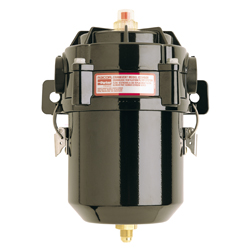Reduce Diesel Emissions for Construction
Diesel emissions from construction sites is a unique problem because sites have a high concentration of exhaust in a small vicinity. This problem on only effects workers on-site, but also to those adjacent to the site. Proper implementation of controlled measures can help address this problem without compromising efficiency.
Clean diesel technologies and solutions for Construction equipment are listed below:
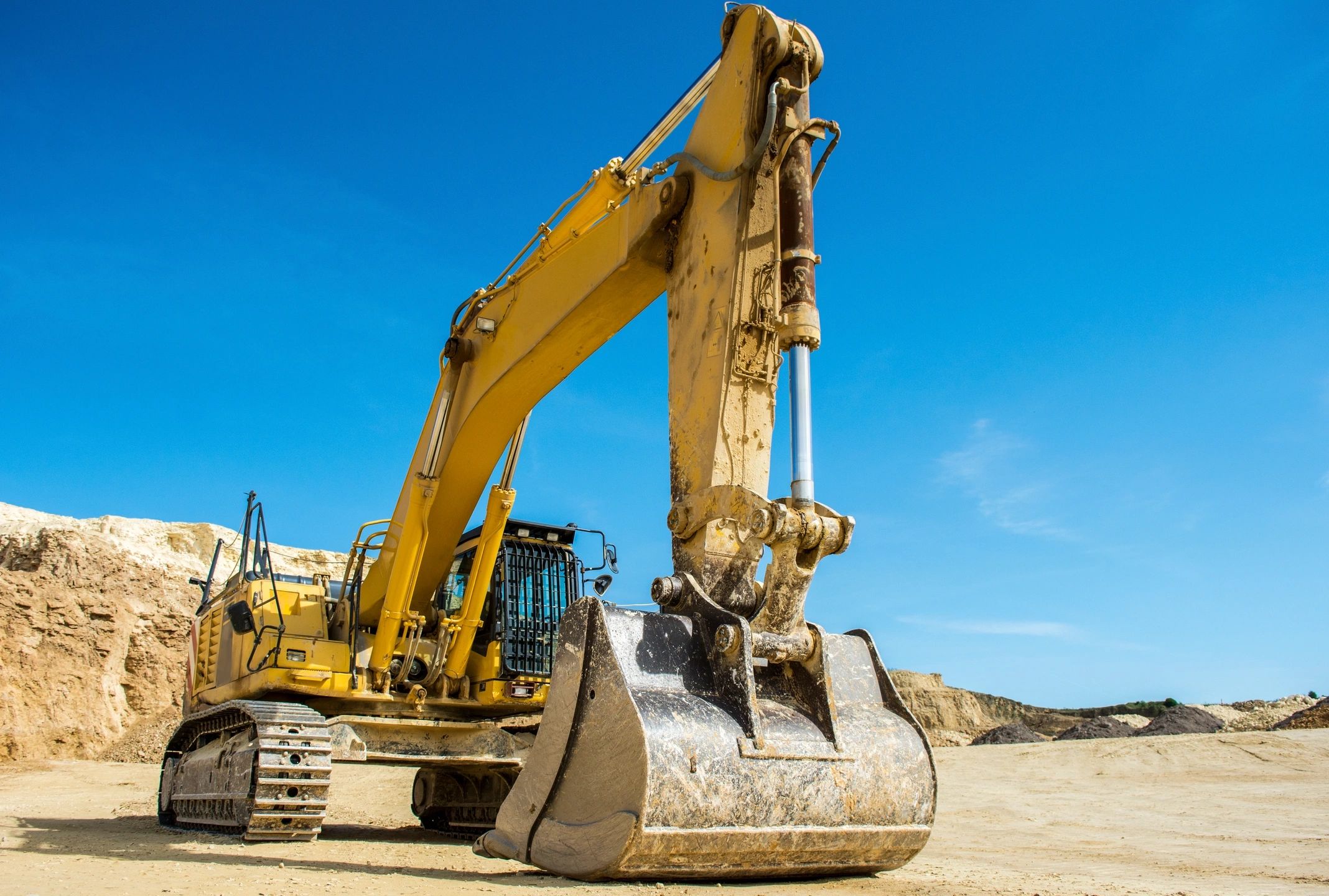
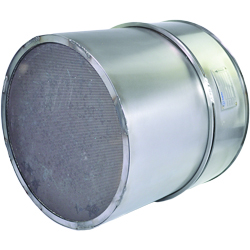
OEM DPF Replacement Aftermarket Filters
Brand new with no core charge for 2007 and newer medium and heavy duty diesel vehicles. Built for easy installation and direct replacement for Cummins, CAT, MACK/Volvo, Detroit Diesel and Navistar/Maxxforce engines.
Diesel Oxidation Catalyst Muffler (DOC)
DOC Technology, combined with silencer, the Purimuffler Technology offers an industry leading, EPA-verified 20% to 40% particulate matter (PM) reduction.
When combined with our closed crankcase ventilation (CCV) system, EPA-verified PM can be reduced by up to to 40%
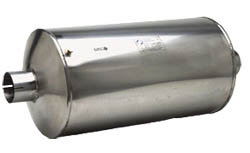
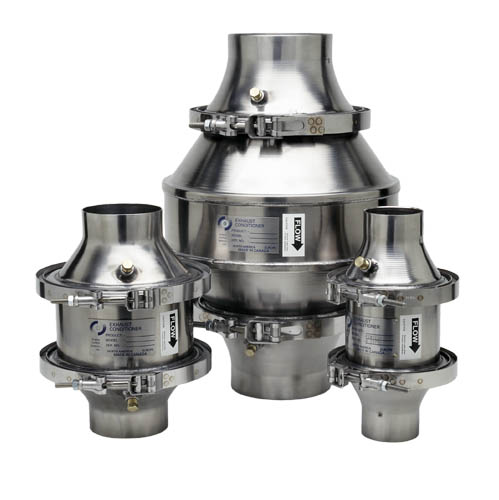
AZ Purifier DOC
In this diesel retrofit, an AZ Purifier is installed upstream of the vehicles original muffler, into a single integrated package, to reduce diesel emissions by an industry-leading verified 20-40% when paired with a CCV.
Passive DPF Systems
90% emission reduction, high thermal conductivity, high temperature toleration, and superior noise attenuation comparable to a high grade muffler. Efficient, durable and quiet.
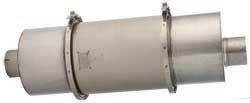
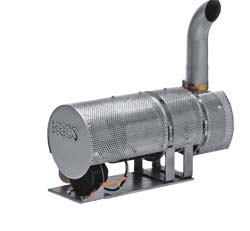
Active DPF Systems
90 - 99% emission and soot reduction, utilizes electric or diesel fueled burners to regenerate DPF turning collected soot particles into removable ash while DPF is still on the vehicle.
Closed Crankcase Ventilation Systems
Unlike exhaust emissions, crankcase gases normally escape into the environment through the crankcase vent tube. The CCV effectively eliminates 100% of crankcase emissions at all times, improving passenger compartment air quality. as well as air quality for personnel working in the vicinity of the operating equipment.
